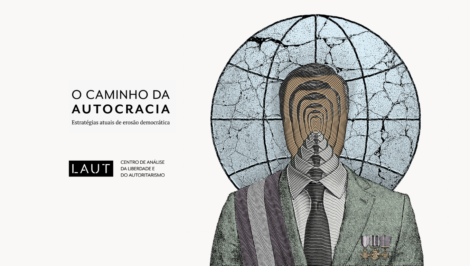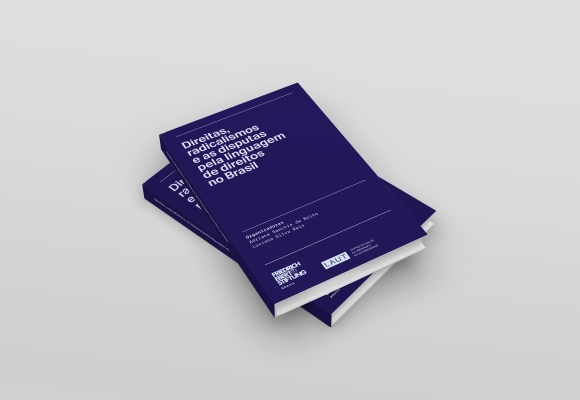The political regimes of various countries have been passed trought processes of autocratization, a model characterized by the substantive decline of several democratic attributes. Following this trend, Brazil has been identified by international organizations as one of its main exponents, given the political and democratic legitimacy crises faced by the country in recent years and which have intensified with the election of Jair Bolsonaro for president.
In this current context of authoritarian escalation, re-election has served as a fundamental milestone in the deepening of authoritarian processes by conferring legitimacy on what was done in the first term and a majority authorization to continue the project.
What risks can the re-election of autocrats bring to democracy? What measures have been taken in the countries where these leaders have been re-elected? What has worsened in democracy in these regions? The report “The path of autocracy: current strategies for democratic erosion” addresses these questions and dissects the processes of democratic erosion around the world, illustrating what could still happen in Brazil – by Adriane Sanctis, Conrado Hübnes Mendes, Fernando Romani Salles, Mariana Celano de Souza Amaral and Marina Slhessarenko Barreto.

The document presents a literature review on the subject of the re-election of presidents and analysis by the main international observatories on the quality of political regimes around the world. It also discusses the political context of some countries that are facing processes of democratic decline and have already seen autocrats re-elected, in particular Hungary, Poland, India and Turkey.
It then outlines Brazil’s situation in this scenario, highlighting the changes between Bolsonaro’s pre- and post-election period and the government’s authoritarian operations over the last four years.
Finally, the report analyzes changes that have taken place in countries living in authoritarian contexts similar to Brazil, in three specific areas: education, civic space and public security.
Attempts at political-ideological control of curricular content, historical-scientific revisionism, attacks on academic freedom, civil associations and non-governmental organizations (NGOs) as well as the use of surveillance technologies, violations of privacy, penal populism and the incitement of moral panic in the population illustrate strategies and tactics similar to those of autocrats in other nationalities in these areas.
There is no ready-made recipe to stop or reverse the process of autocratization, but the document hopes to provide a complete overview of autocratization processes, noting that based on the experiences analyzed the re-election of autocrats puts the maintenance of democratic competition and democracy itself at risk.
Check out all the content produced in this line of research:
Book: “The ptath of autocracy: current strategies for democratic erosion” in Portuguese.


![[Book] The path of autocracy](https://laut.org.br/wp-content/uploads/2022/08/autogratas-site-1024x580.png)






